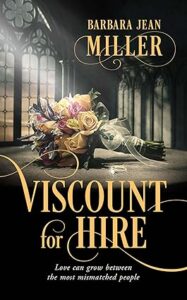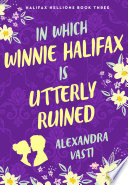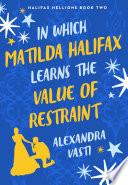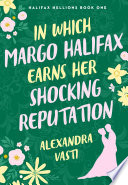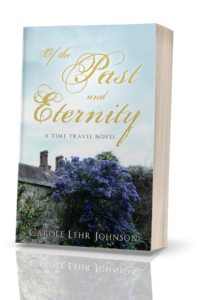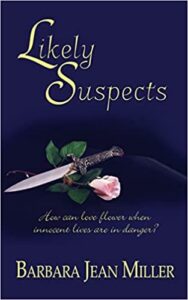Every once and a while you may see a self-help type book pop up on my Good Reads shelf. They may have funny titles, like “Living with Less” or “The Happiness Trap”, but the thing they have in common is trying to find a way to spend more time with you, Reg Romers, and devote more of my working day to writing.
So, naturally, after a good week cramming in blogs about early retirement and financial independence, I got to scratching the old head and wondering about the state of frugal living in the Regency. Of course, incomes were much more polarized and certainly the life expectancy was a lot lower. But, I suspect, saving is something that for a certain portion of the population has always been sexy.
Here is what I found out:
Ms. Susannah Carter, experience Cook from households in the City of London, penned a whole book in 1822 devoted to being a “Frugal housewife”. While her advice was focused on homemade everything, easy to imagine her being a popular blogger and pinner. Included in her book are “five hundred approved” recipes, best methods for preserving, distilling, making English Wines, and in general being an elegantly frugal genius in the kitchen. This was not the only book of its kind, either, and considering that a smaller portion of the population was a). literate b). could afford subscription rates, I think that suggests it was a popular topic.
A Dictionary of the English Language: Compiled for the Use of Common Schools By Noah Webster (1817) included the words of economy (frugality in expenditures), economical (a saving, frugal, prudent), economist (one frugal in expenses) and Economize (to be frugal in expenses) as the only definitions to these words which now have additional meanings. Woodward’s Architecture, Landscape Gardening and Rural Art Np. 1 Issue 2 recommended lower ceilings as a way to economize on fuel expenditures.
Retrenching was a common expression for living frugally, often removing oneself from the temptations of Town to ruralize and recover pecuniary stability. In a time led by Prinny, the most lavish of royals, retrenching after gaming debts, bad investments, and overall overindulgence were common. With family fortunes threatened by these pleasures, and the looming threat of industrialization changing the shape of the class structure, consumption and over consumption would have been oft on the minds of not only the upper orders but also the upwardly mobile cits. Work had a very different meaning, but the mantra of todays’ retire early champions of financial independence would have been ever on the mind of young gentlemen (and, for that matter, young gentlewomen). When professions become a black mark or at least a faux pax, the only sustainable option you have is to make your money work for you.
Today we think it quaint and ancient that dynastic (or at least financially feasible) matches were the order of the day. But in my own search (or at least education) about independence, I wonder if the culture of dating, romance, and love isn’t often unscored by the suitability of a partner. And by that, I mean that financial security especially as we get older and family focused can ultimately determine whether or not we say “I do.” I personally am ever the romantic, and like to believe that love is not finite and that even more mercenary matches can develop into true love. Likewise, I think that true love can develop into the type of relationship that is mutually supportive and leads to the type of independence the marriage du convenience is meant to create.
What are your insights into history, love, and frugality?

